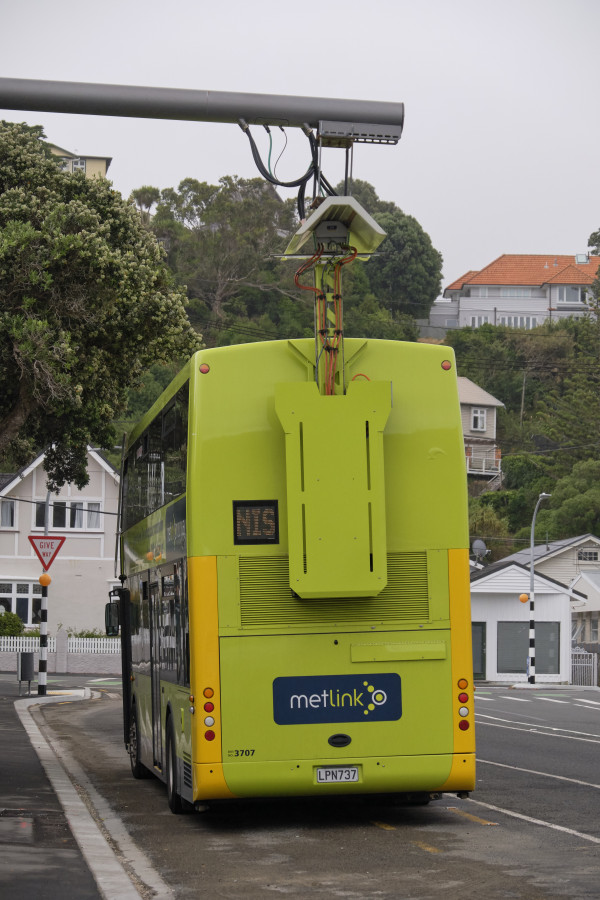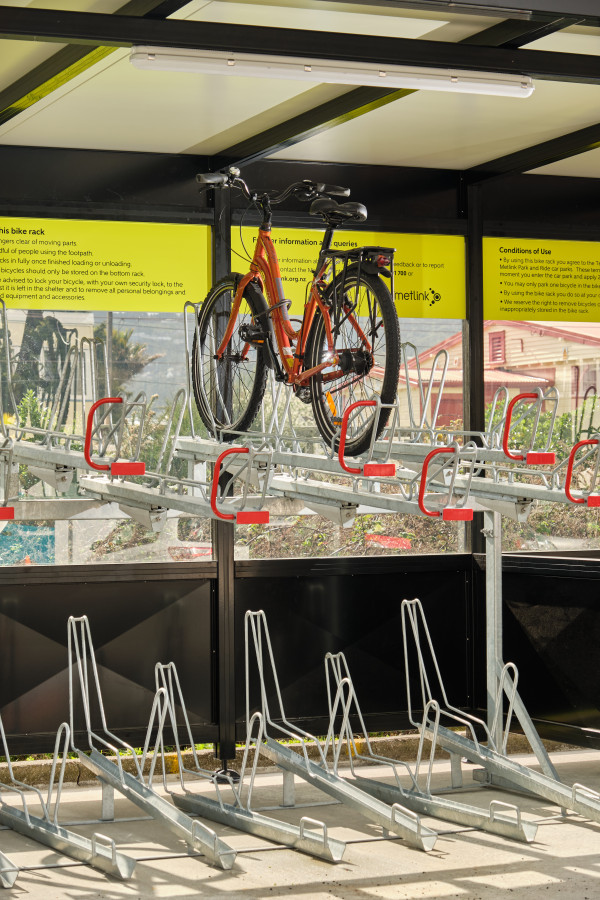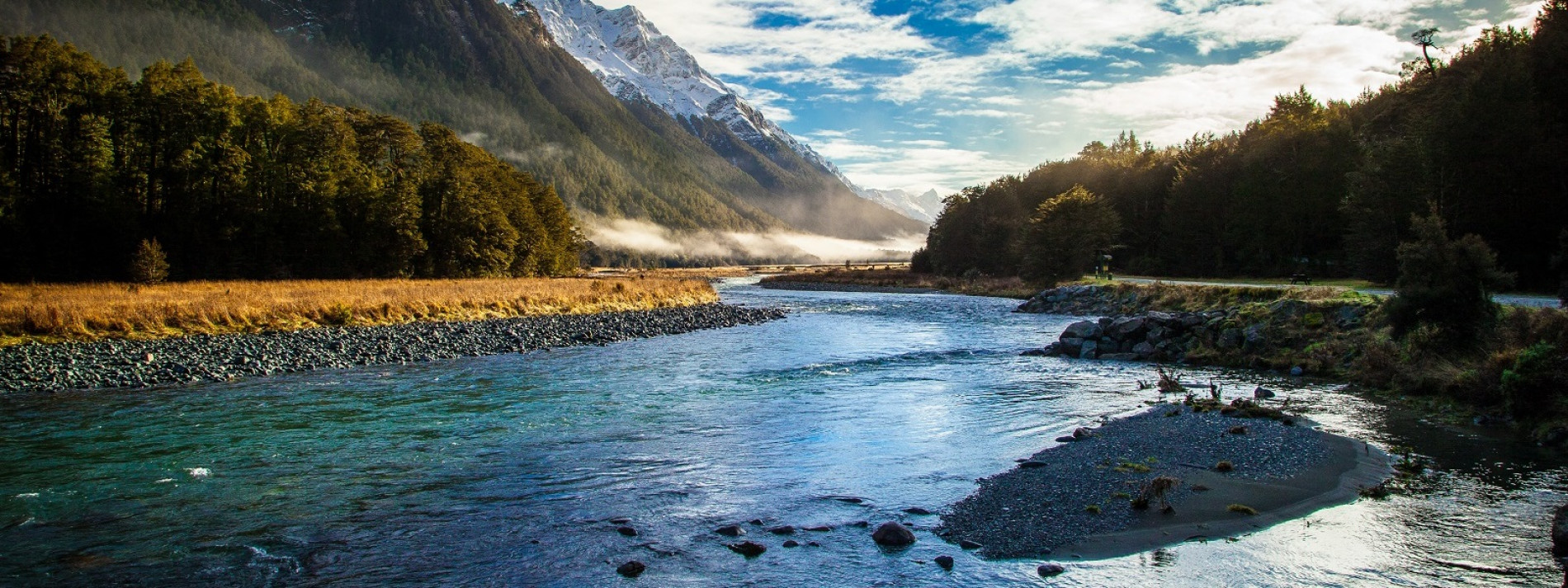Decarbonising the public transport fleet to combat climate change
Regional Councils are doing their bit to help the Government achieve emissions reductions as part of our international climate-change commitments.
Like many other regional and local councils, Greater Wellington Regional Council (Greater Wellington), has declared a climate emergency. The council has also set a target for itself to become carbon-neutral by 2030.
A key for the region to reduce its greenhouse gas emissions is getting people out of their cars and on to public transport.
Already, the Wellington region has the highest per-capita public transport patronage of any city in New Zealand. However, more is needed to achieve the ambitious target Greater Wellington has set itself.
Greater Wellington is focusing on “decarbonising” the public transport fleet of buses and trains, which currently contribute 50% of the council’s carbon footprint (37% bus, 13% rail).
While the majority of buses are currently diesel-powered, these will be progressively replaced with electric buses so that the bus fleet is all-electric by 2030. To achieve this, Greater Wellington has adopted a policy in which all new and retiring diesel buses will be replaced with electric.
Greater Wellington also recently approved a trial for the local conversion of existing diesel buses. The trial will provide addition pathways for Greater Wellington to accelerate the decarbonisation of newer fleet.
Rail and ferry services are also part of Greater Wellington’s decarbonisation programme. This includes the introduction of the first commercial electric ferry in the southern hemisphere (scheduled for 2021) as well as investigating electrification options for longer-distance rolling stock.
Environment Canterbury (ECan) is also pursuing an aggressive programme to reduce transport emissions.
Its new public transport procurement process began in February 2020 with new contracts that will reduce public transport CO2 emissions by 14% in the first year, due to the introduction of 39 new low-emission and 25 fully-electric buses.
The total package is worth $61.5 million, with contractors retaining a portion of the existing fleet but gradually replacing them with environmentally-friendly alternatives.
There is an option for ECan to make the transition faster and bring in an even greater number of low-emission vehicles, if the community supports this during consultation for the region’s forthcoming Long-Term Plan 2021-2031, which is consulted on in early 2021.
ECan is aware better technologies come online constantly, so won’t be buying an entire fleet of vehicles with the same technology now. After the initial investment, the introduction of an additional 28 new vehicles will be staggered over the next two years with further vehicle replacements in years three-to-five of the contracts.
Over half of the new vehicles will be manufactured locally in Rolleston.


Image: Greater Wellington EV
